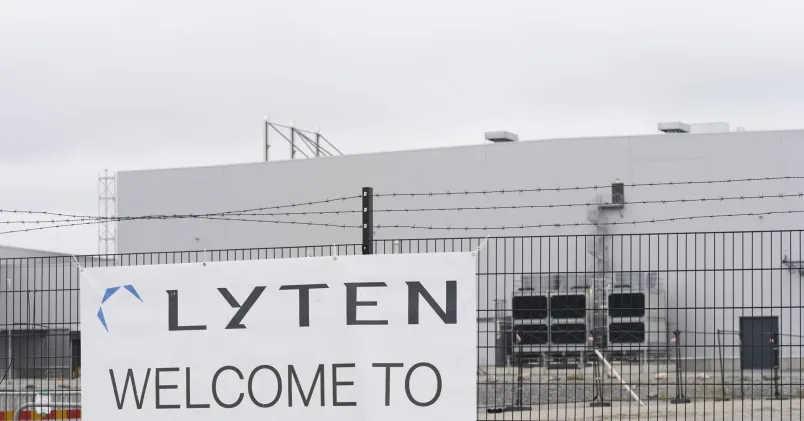
Volvo Cars och dess ägare, kinesiska Geely, har meddelat att man vill starta ett nytt bolag där båda företagens fortsatta utveckling och produktion av traditionella förbränningsmotorer ska ske. Det för att man mer ska kunna fokusera på att tillverka rena elbilar.
Om det nya bolagets huvudkontor kommer ligga i Sverige eller i Kina är ännu okänt.
Av de cirka 8 000 anställda som enligt planerna ska jobba i det nya motorföretaget jobbar i dag runt 3 000 på Volvo Cars. Enligt bolagsledningarna ska omstruktureringen inte innebära några uppsägningar.
Kollega har sökt Jörgen Olsson, Unionens klubbordförande på Volvo Cars, utan resultat. Men enligt DN har fackklubbarna på Volvo Cars i grunden inget emot att det skapas en särskild avdelning för utveckling och tillverkning av förbränningsmotorer. Dock känner de sig mer tveksamma när det gäller sammanslagningen med Geelys motsvarighet. Därför har facken nu beslutat att ta in en löntagarkonsult för att reda ut vad affären innebär.
Fordonsexperten Martin Sköld, docent vid Handelshögskolan, anser att planerna på ett nytt motorföretag är ett logiskt steg i och med den elektrifiering som sker inom bilindustrin.
– Det är ett väl beprövat sätt att hantera en sådan här situation. Alltså att man i en industriell grupp, där det finns fler varumärken som är sina egna företag, försöker använda lösningar, teknik och så vidare, mellan ett antal av de här varumärkena. Så har bland annat bilbranschen fungerat länge, just för att man vill hitta synergi, där man kan spara kostnader genom att samutnyttja resurser. Och det är ju också incitamentet bakom Volvos och Geelys önskemål.
Vilka risker finns?
– Utmaningen är att säkerställa att varumärkena fortsätter ha olika identitet, alltså att de uppför sig på ett sätt som är typiskt för respektive varumärke, så att man inte tappar kunder. Det man kan göra genom att ha en generell motor och sedan låta ingenjörerna på respektive företag anpassa motorn på ett sätt som är typiskt för Volvo på ena sidan och för Geely på den andra.
Kan du mer konkret säga vad man behöver göra i det här fallet?
– Nej, för då måste man vara i de här företagen och klart veta hur kunderna uppfattar och uppskattar ens varumärke, hur de tänker sig att en motor ska uppföra sig, kännas och upplevas.
Ska de anställda vara oroliga för jobben?
– Det är ju ännu inte känt var man fysiskt kommer lägga den här verksamheten, så det är för tidigt att säga hur det kommer att påverka jobben. Men man kan ju ändå konstatera att Volvo är det varumärke av de här två som har den långa historiken, som har ett mycket längre utvecklingskunnande och så vidare när det gäller förbränningsmotorer. Så där har man säkert ett försprång, säger Martin Sköld.
– När det gäller elektrifieringen är det svårare att avgöra vad som kommer att hända framöver. Jag skulle kunna säga att Kina som land ligger före Sverige och Europa när det gäller batteriteknik och forskning kring det. Men det är en senare fråga, som man ju inte har diskuterat ännu.











